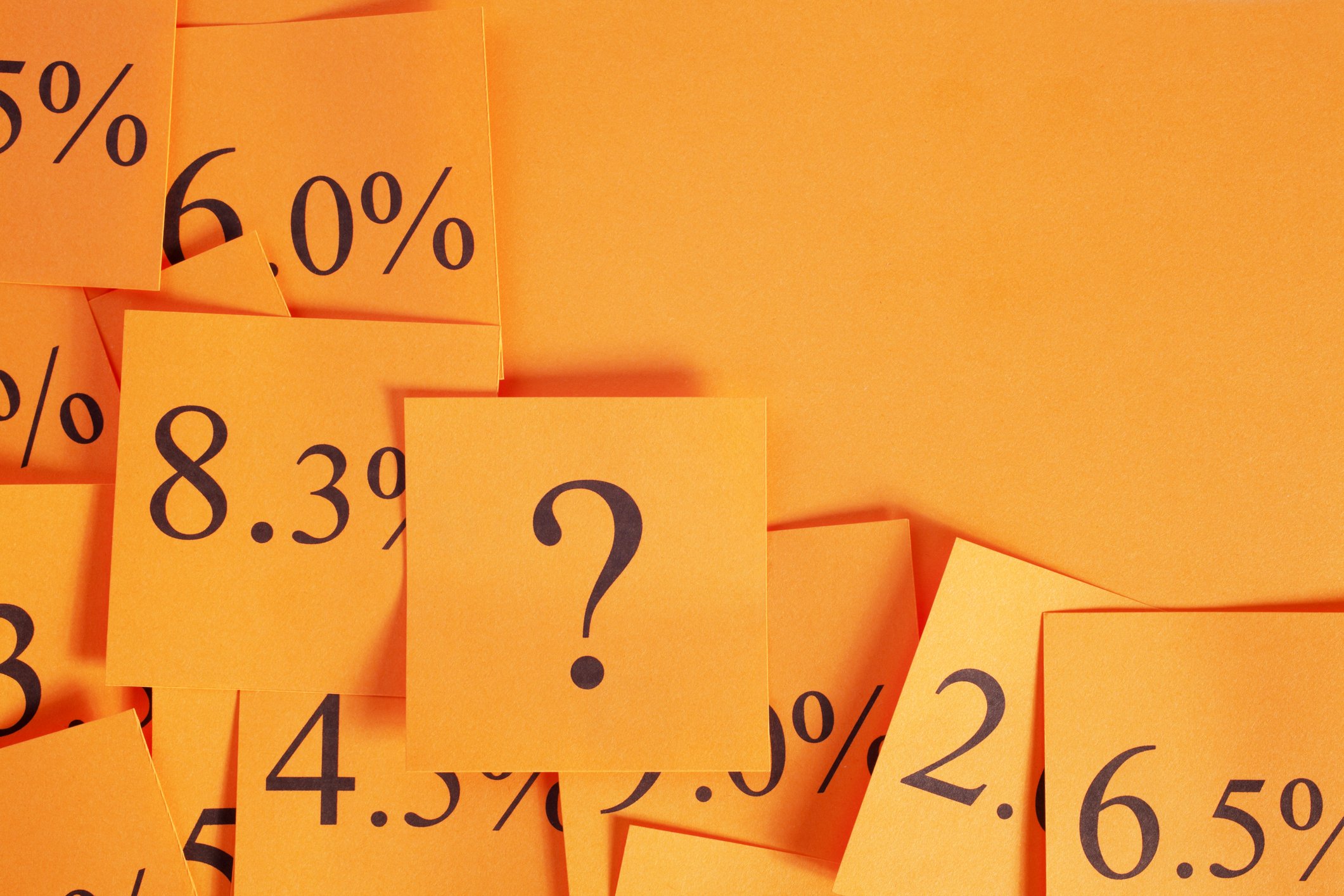Missed a Credit Card Payment? Here’s What Really Happens
You’re Not Alone—And It’s Not the End of the World
First of all, take a deep breath.
If you’ve missed a credit card payment—whether it slipped your mind, your bank balance was short, or life simply got in the way—you’re far from the only one. It happens to millions of people every year. And while it can have consequences, most of them are manageable if you act quickly.
This guide breaks down exactly what happens when you miss a credit card payment, how it affects your credit score, and—most importantly—how to bounce back fast.
“A single missed credit card payment may seem small, but it can snowball into long-term financial issues. The good news is, acting quickly can limit the damage.”
What Happens When You Miss a Payment?
The consequences of a missed credit card payment depend on how late your payment is. Here’s what typically happens:
Day 1–29: Internal Late Fees and Interest
Your card issuer will likely charge a late payment fee (typically £12 in the UK or $25–$35 in the US).
You’ll likely lose your grace period, meaning interest will accrue from your last statement.
No report is made to credit bureaus yet—your credit score is still safe (for now).
You might lose promotional offers (like 0% APR or cashback bonuses).
💡 Good news: Many lenders allow a short grace period or may waive the fee if it's your first missed payment. It’s worth calling.
Day 30–59: Credit Score Damage Begins
Once the payment is 30+ days late, your issuer is required to report it to credit bureaus.
This will likely cause a noticeable drop in your credit score—especially if your history is otherwise clean.
Your account may be considered delinquent, triggering additional notices or interest rate increases.
You may lose your promotional APR (especially with balance transfer cards).
Day 60+: Things Get Worse
Your account is now seriously delinquent.
Your interest rate may rise to a penalty APR, often above 25%.
Your issuer may restrict your account or reduce your credit limit.
Continued nonpayment could result in debt collection, default, or legal action.
Will My Credit Score Drop?
Yes—but only if the payment is 30 days or more overdue.
Here’s what you should know:
A 30-day late payment can drop your credit score by 60–100 points, depending on your credit history.
It stays on your credit report for up to 6 years (UK) or 7 years (US).
The more recent the late payment, the more it hurts your score. Over time, its impact fades.
One late payment isn’t the end—but repeated ones can be a red flag to future lenders.
What You Should Do Immediately
Even if it’s just one day late, here’s what to do now:
1. Make the Payment ASAP
Even a partial payment is better than nothing. The sooner you pay, the less interest and damage.
2. Call Your Card Issuer
If it’s your first time, many issuers will:
Waive the late fee
Avoid reporting it to credit agencies
Reinstate lost benefits
Be polite and explain the situation.
3. Set Up Autopay
You can automate the minimum payment each month to avoid this happening again—even if it’s just a backup.
4. Adjust Due Dates
If your due date always falls before payday, most providers will let you change it.
5. Check Your Credit Report
Use a service like ClearScore, Experian, or Credit Karma to monitor your credit and ensure your payment wasn’t wrongly reported.
What If You Can’t Afford to Pay?
You still have options:
Call your issuer and ask about a payment plan or temporary hardship assistance.
Contact a nonprofit credit counselling agency (e.g., StepChange in the UK or NFCC in the US).
Do not ignore it—communication is key. Silence will only worsen the situation.
If you’re juggling multiple debts, consider consolidating or speaking with a financial advisor.
How to Avoid This in the Future
Missed payments often come down to forgetfulness or poor timing. Here’s how to stop it from happening again:
Set up autopay for at least the minimum
Use calendar reminders or banking alerts
Consider apps like Emma for budgeting and bill tracking
Schedule a weekly 5-minute “money check” to stay ahead
Don’t overextend—use only what you can afford to repay
3 Common Myths About Missed Credit Card Payments
“A one-day late payment ruins your credit.”
Not true. Payments are usually only reported to credit bureaus if they’re 30+ days late.
“If I pay before the bill is due again next month, I’m safe.”
Only if you pay before 30 days past the due date—otherwise, it’s already reported.
“There’s no point calling the credit card company.”
Actually, many issuers waive first-time late fees and may prevent reporting if you act quickly.
Final Thought
Missing a credit card payment isn’t the end of the world—but it’s something to take seriously. The faster you act, the more control you keep over the consequences.
So if you’ve missed one, make a plan, make the payment, and move on. And remember—your financial journey isn’t defined by a single slip-up. It’s how you bounce back that counts.
FAQ’s
-
You're unlikely to see a credit score hit. You may face a late fee, but if you call and explain, your issuer may waive it—especially if it’s your first offense.
-
In the UK, it typically remains on your credit file for 6 years, but its impact on your score fades over time, especially if you return to on-time payments.
-
Paying it off helps stop further damage and shows responsibility, but a reported late payment will still appear on your file. You can recover over time with good habits.
-
Yes. This is called a “goodwill adjustment”. If you’ve been a reliable customer, some issuers will remove the late mark—especially for a one-off slip.
-
Your account may go into default, be sent to collections, and cause severe damage to your credit. The sooner you act, the more options you have to recover.









